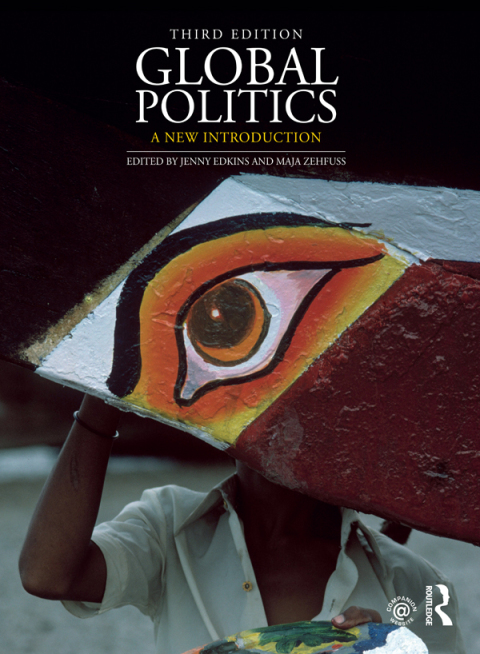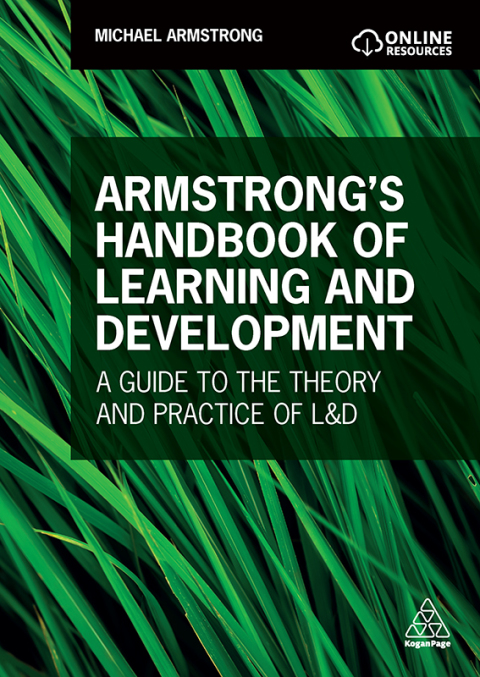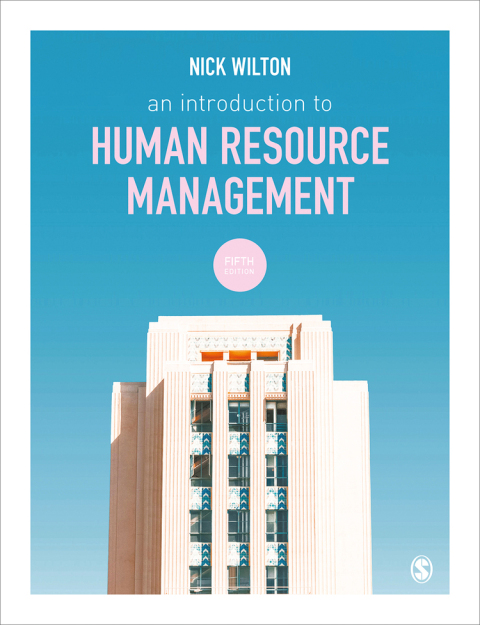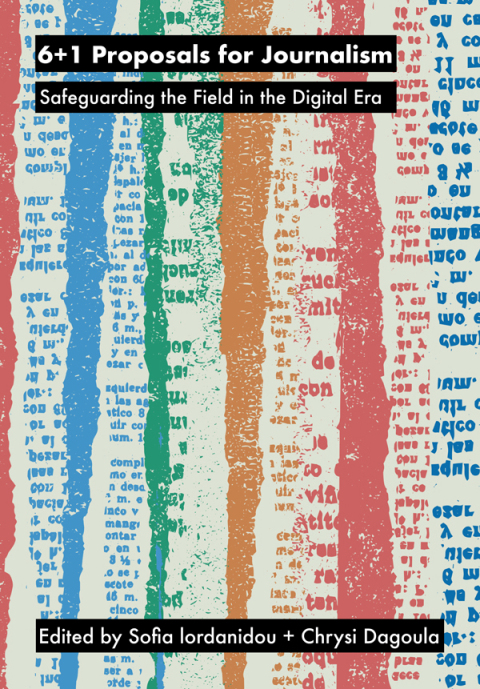Description
Efnisyfirlit
- Cover
- Half Title
- Title
- Copyright
- Contents
- Notes on contributors
- Teaching with Global Politics: A New Introduction
- 1 Introduction
- THE QUESTION What does this introduction to global politics do?
- ILLUSTRATIVE EXAMPLE How do we use illustrative examples?
- GENERAL RESPONSES What sorts of responses might there be?
- BROADER ISSUES What assumptions do we start from?
- CONCLUSION
- 2 How do we begin to think about the world?
- THE QUESTION Thinking and language
- ILLUSTRATIVE EXAMPLE The Syrian refugee crisis
- GENERAL RESPONSES Thought experiments as ways of thinking
- BROADER ISSUES Thinking about thinking
- CONCLUSION
- 3 What happens if we don’t take nature for granted?
- THE QUESTION From environment to biosphere
- ILLUSTRATIVE EXAMPLE Climate change
- GENERAL RESPONSES How do we frame the issue in terms of global politics?
- BROADER ISSUES Challenging carboniferous capitalism
- CONCLUSION
- 4 Can we save the planet?
- THE QUESTION Environmental politics and social movements
- ILLUSTRATIVE EXAMPLE The fossil fuel divestment movement
- GENERAL RESPONSES Can protest movements really change anything?
- BROADER ISSUES Individualisation, governmentality and counter-conduct
- CONCLUSION
- 5 Who do we think we are?
- THE QUESTION Narratives and politics
- ILLUSTRATIVE EXAMPLE Feminist movements in the U.S.
- GENERAL RESPONSES How can we conceptualise identity?
- BROADER ISSUES How does group identification shape (global) politics?
- CONCLUSION
- 6 How do religious beliefs affect politics?
- THE QUESTION The role of religion today
- ILLUSTRATIVE EXAMPLE Islamic states and movements
- GENERAL RESPONSES Do religion and politics mix?
- BROADER ISSUES Culture and religious identities
- CONCLUSION
- 7 Why do we obey?
- THE QUESTION Obedience, resistance, and force
- ILLUSTRATIVE EXAMPLE The revolutions of 1989
- GENERAL RESPONSES Authority and legitimacy
- BROADER ISSUES Thinking about power
- CONCLUSION
- 8 How do we find out what’s going on in the world?
- THE QUESTION The mediation of information
- ILLUSTRATIVE EXAMPLE Changing news representations of war
- GENERAL RESPONSES The media, power, and democracy
- BROADER ISSUES How to read the media
- CONCLUSION
- 9 How does the way we use the Internet make a difference?
- THE QUESTION The Internet and us
- ILLUSTRATIVE EXAMPLE Political uprisings and Internet geopolitics
- GENERAL RESPONSES Regulation, censorship, and rights
- BROADER ISSUES Global futures
- CONCLUSION
- 10 Why is people’s movement restricted?
- THE QUESTION Border crossings
- ILLUSTRATIVE EXAMPLE The US–Mexico border and the immigration crisis
- GENERAL RESPONSES Ideas of states and citizenship
- BROADER ISSUES Cultural racism
- CONCLUSION
- 11 Why is the world divided territorially?
- THE QUESTION Forms of political and geographical organisation
- ILLUSTRATIVE EXAMPLE The development of the European territorial state
- GENERAL RESPONSES The emergence of territory
- BROADER ISSUES Techniques and the future of the territorial state
- CONCLUSION
- 12 How do people come to identify with nations?
- THE QUESTION National affiliations
- ILLUSTRATIVE EXAMPLE The margins of the Chinese nation
- GENERAL RESPONSES Nationalism studies
- BROADER ISSUES Transnationalism and hybridity
- CONCLUSION
- 13 Does the nation-state work?
- THE QUESTION States, nations, and allegiance
- ILLUSTRATIVE EXAMPLE Worlds of unease within the nation-state
- GENERAL RESPONSES Stories of coherent nationhood
- BROADER ISSUES An alternative political imaginary
- CONCLUSION
- 14 Is democracy a good idea?
- THE QUESTION Democracy
- ILLUSTRATIVE EXAMPLE Democracy in Argentina
- GENERAL RESPONSES Democracy, populism and human rights struggle
- BROADER ISSUES Where do we start our thinking about democracy?
- CONCLUSION
- 15 Do colonialism and slavery belong to the past?
- THE QUESTION Slavery: abolition and continuation
- ILLUSTRATIVE EXAMPLE Colonialism and capitalist development in Ivory Coast
- GENERAL RESPONSES The effects of adjustment: deproletarianisation and modern slavery
- BROADER ISSUES Is today’s world postcolonial or neo-colonial?
- CONCLUSION
- 16 How does colonialism work?
- THE QUESTION Colonialism and underdevelopment
- ILLUSTRATIVE EXAMPLE India and Britain
- GENERAL RESPONSES What is modern colonialism?
- BROADER ISSUES The psychology of colonialism
- CONCLUSION
- 17 How is the world organised economically?
- THE QUESTION From local markets to global political economy
- ILLUSTRATIVE EXAMPLE Formal and informal work
- GENERAL RESPONSES Explaining the politics of economics
- BROADER ISSUES The hidden costs of neoliberalism
- CONCLUSION
- 18 How does finance affect the politics of everyday life?
- THE QUESTION Politics and everyday life
- ILLUSTRATIVE EXAMPLE Finance and the financial crisis
- GENERAL RESPONSES The politics of the financial crisis
- BROADER ISSUES Re-politicising finance, re-politicising everyday life
- CONCLUSION
- 19 Why are some people better off than others?
- THE QUESTION Sources of inequality
- ILLUSTRATIVE EXAMPLE Inequality in the age of neoliberal reform
- GENERAL RESPONSES Liberal and developmental perspectives on inequality
- BROADER ISSUES Historical materialism and the expansion of the global working class
- CONCLUSION
- 20 How can we end poverty?
- THE QUESTION The global poor and campaigns to end poverty
- ILLUSTRATIVE EXAMPLE Modernisation and microfinance in South Asia
- GENERAL RESPONSES From the developmental state to biopolitics
- BROADER ISSUES Alternative visions of modernity
- CONCLUSION
- 21 Why do some people think they know what is good for others?
- THE QUESTION Giving and receiving
- ILLUSTRATIVE EXAMPLE God’s purpose: early Christian incursions
- GENERAL RESPONSES History’s progress: contemporary interventions
- BROADER ISSUES Diagnosing the need for exclusive knowledge
- CONCLUSION
- 22 Why does politics turn to violence?
- THE QUESTION Mass killing as a cultural phenomenon
- ILLUSTRATIVE EXAMPLE Killing in wartime
- GENERAL RESPONSES Belligerent states
- BROADER ISSUES Language and memory
- CONCLUSION
- 23 What makes the world dangerous?
- THE QUESTION Perceptions of danger
- ILLUSTRATIVE EXAMPLE Drones in Daykundi
- GENERAL RESPONSES Debating drones
- BROADER ISSUES Discourses of danger
- CONCLUSION
- 24 Can we move beyond conflict?
- THE QUESTION Dealing with seemingly intractable conflicts
- ILLUSTRATIVE EXAMPLE The conflict in Korea
- GENERAL RESPONSES Confrontation and engagement: two approaches to conflict
- BROADER ISSUES Dealing with antagonism
- CONCLUSION
- 25 Who has rights?
- THE QUESTION Whose rights?
- ILLUSTRATIVE EXAMPLE The French headscarf ban and Je (ne) suis (pas) Charlie!
- GENERAL RESPONSES Rights and religion in France
- BROADER ISSUES Bare life, human rights and sovereign power
- CONCLUSION
- 26 Conclusion: What can we do to change the world?
- THE QUESTION Changing what’s wrong with the world
- ILLUSTRATIVE EXAMPLE The Iraq war
- GENERAL RESPONSES No right way forward
- BROADER ISSUES Change and complicity
- CONCLUSION
- List of figures
- List of boxes
- Acknowledgements and permissions
- Index of names
- General index







Reviews
There are no reviews yet.